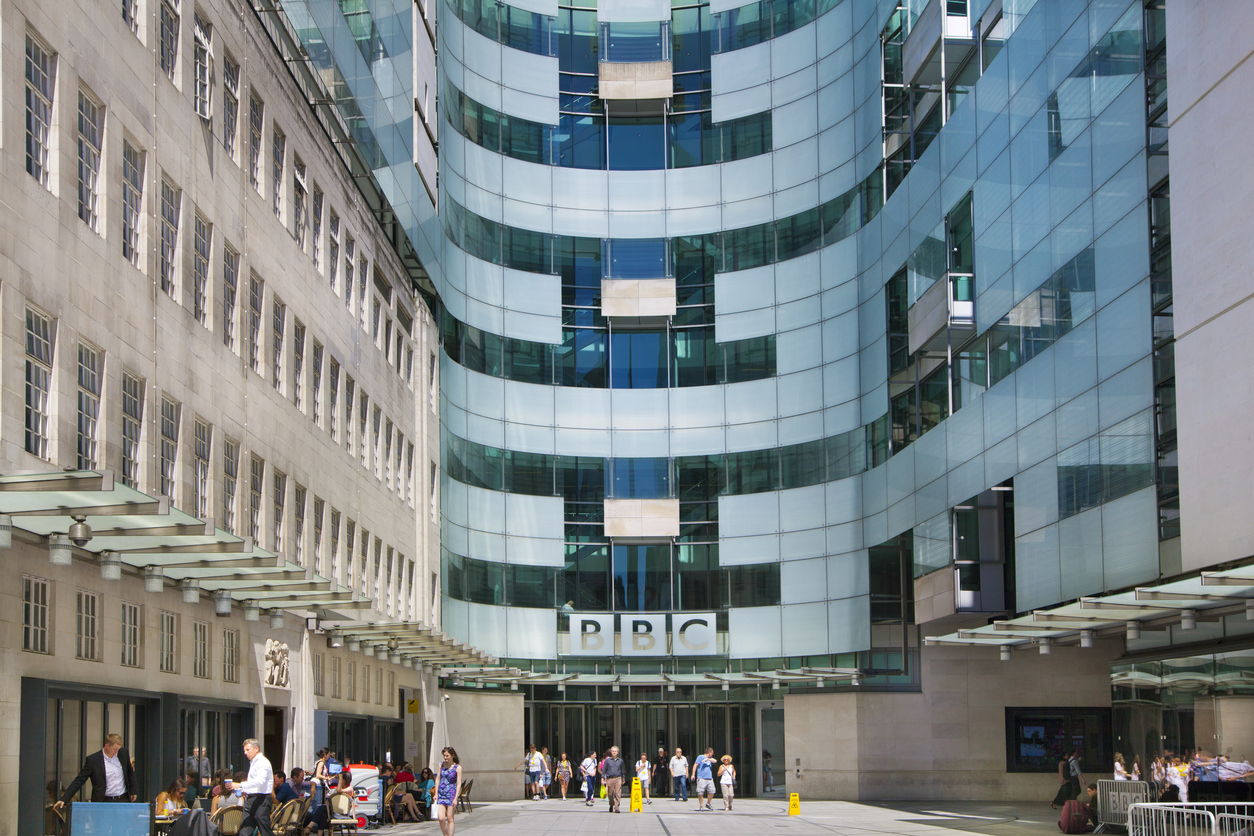Here, Hayley Shave, Managing Director of The Bridge Marketing, shares her insights on how businesses can turn communication missteps into valuable lessons. Using the recent BBC interview debacle involving Laura Kuenssberg and Boris Johnson as a case study, Hayley explores the key strategies that every organisation should employ to handle a communications crisis effectively and maintain trust, credibility, and professionalism in the face of unexpected challenges.
In the realm of public relations and business communications, a single mistake can quickly escalate into a crisis. Recently, a small but significant slip-up by the BBC and their star presenter Laura Kuenssberg turned into an unexpected communications disaster. Kuenssberg accidentally sent former Prime Minister Boris Johnson her briefing notes ahead of a scheduled interview—an oversight that led to the interview’s abrupt cancellation and, inevitably, some uncomfortable headlines.
But while the incident might have caused some red faces, it also provides an invaluable lesson in how businesses and individuals should handle a communications crisis. Let’s delve into what went wrong, how it was managed, and what we can all learn about crisis management in business.
Own the mistake immediately
One of the most critical takeaways from the incident is the speed and transparency with which Kuenssberg and the BBC responded. When the mistake was realised, they didn’t hide it, deflect blame, or issue a vague response. Instead, Laura Kuenssberg herself took to social media to issue a clear and honest statement. She admitted to the error, described it as “embarrassing and disappointing,” and confirmed that, under the circumstances, it would not be appropriate for the interview to proceed.
Lesson: When handling a communications disaster, prompt and sincere acknowledgment of the mistake is essential. Attempting to cover up an error or offering a convoluted explanation only fuels speculation and can make the situation far worse. In contrast, owning the mistake, as Kuenssberg did, establishes a foundation of honesty and transparency that can quickly diffuse the situation.
Put the integrity of the business first
The decision to cancel the interview, despite the time and resources invested, was not an easy one. Yet it was the right call. Why? Because proceeding with an interview where the subject had already been exposed to the line of questioning would have damaged the credibility of the programme, its host, and, by extension, the BBC.
While it was undoubtedly a difficult decision, it demonstrated a commitment to maintaining editorial standards and the integrity of the organisation’s work.
Lesson: When a mistake compromises the integrity or perceived fairness of a business operation, sometimes the best course of action is to pull the plug, even if it means sacrificing short-term gains or facing public embarrassment. Long-term trust and credibility are far more valuable.
Use the moment to Humanise the brand
Kuenssberg’s personal response to the error—expressing frustration, embarrassment, and disappointment—showed her human side. By sharing her emotions, she made a high-profile media personality seem relatable and authentic. Her phrase, “red faces aside, honesty is the best policy,” was a subtle but impactful way to frame the situation, showing that even experienced professionals are not immune to mistakes.
Lesson: When confronted with a blunder, allow for some vulnerability. If your brand or leadership team is seen as being honest and human, audiences are more likely to forgive the error and empathize. Humanising the situation, rather than hiding behind faceless corporate statements, often leads to a more positive perception.
Learn and move on swiftly
After the initial apology and interview cancellation, the BBC and Kuenssberg did not linger on the mistake. Instead, they quickly pivoted, confirming that Kuenssberg’s regular Sunday morning show would proceed as planned. This approach is a textbook example of how to contain a situation and prevent it from overshadowing future endeavours.
Lesson: When a crisis arises, deal with it decisively, but don’t let it define the narrative for long. Establish a timeline for addressing the issue, then move forward with normal operations to signal stability and resilience.
Have a crisis management plan in place
While it’s impossible to predict every potential crisis, having a crisis management plan is non-negotiable. It should outline protocols for how to respond, identify spokespersons, and set guidelines for social media communications. The BBC’s swift, coordinated response suggests that they were prepared for unexpected hiccups, which allowed them to act quickly and in unison.
Lesson: Develop a crisis management plan that covers scenarios specific to your business. Involve all key players—PR, legal, and senior leadership—to ensure that when a crisis does hit, everyone knows their role and the company’s stance.
Final thoughts – turning a crisis into a learning opportunity
While this incident was certainly not what the BBC intended, it ultimately became an example of how to turn a mistake into a teaching moment for businesses everywhere. The key takeaways? Act fast, be honest, protect your integrity, and—most importantly—be human.
As businesses, it’s inevitable that we will encounter communications slip-ups. What defines us is not the mistake itself, but how we respond. The next time you find yourself facing a communications crisis, remember Laura Kuenssberg’s words: “Honesty is the best policy.” By mastering the art of effective crisis management, you’ll not only weather the storm but also strengthen your reputation in the process.
Need help with your crisis management plan? Give Hayley a call at The Bridge Marketing to find out more.
